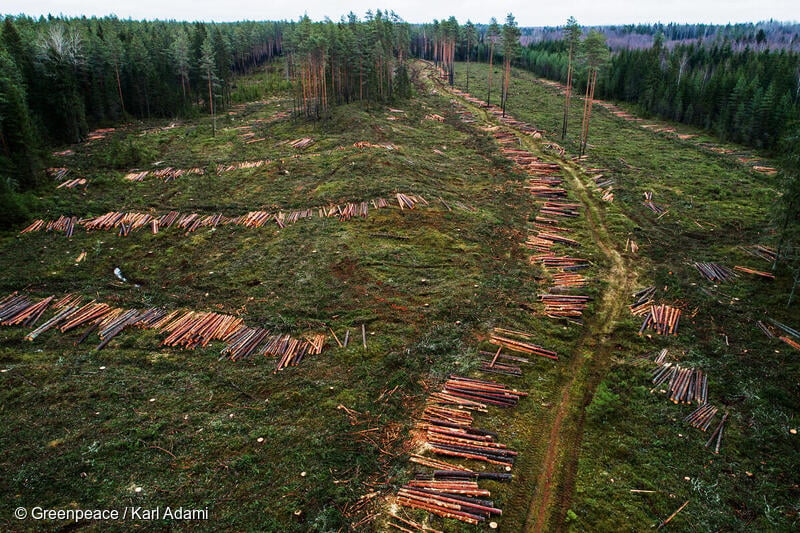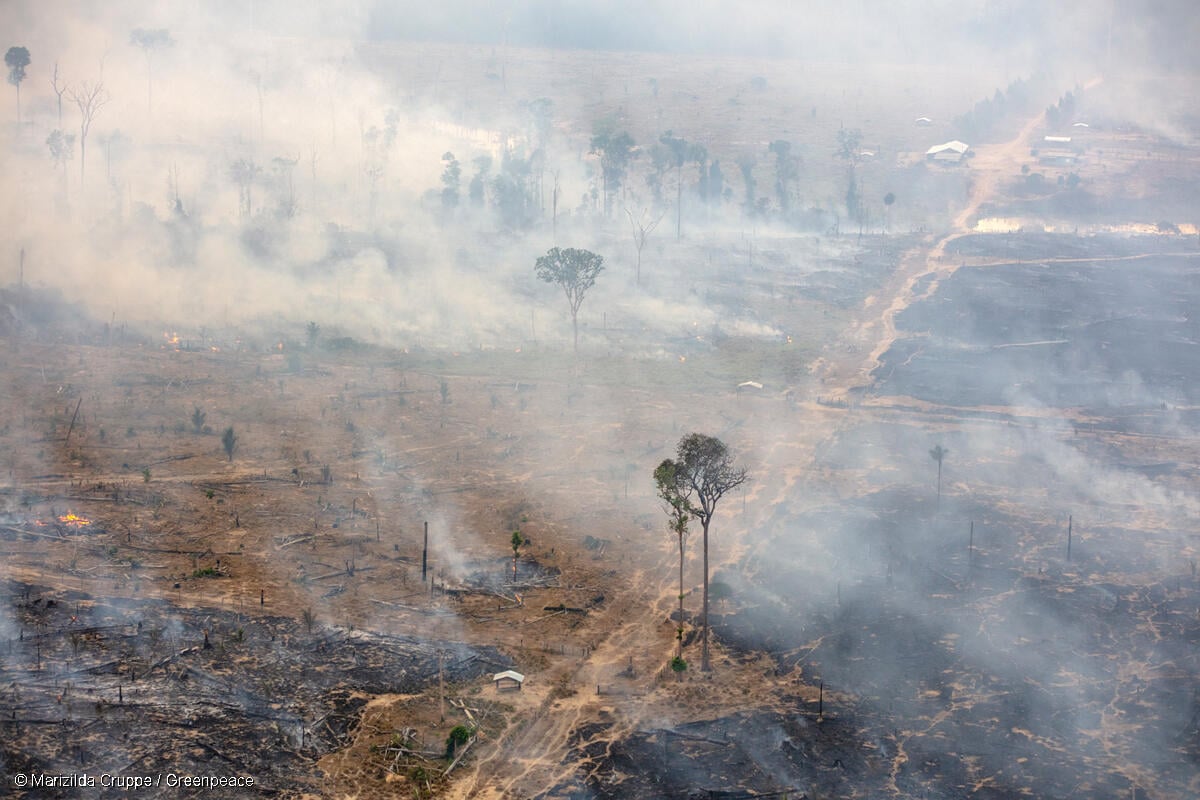How renewable energy subsidies fuel the biodiversity and climate crises

New research by the Centre for Research on Multinational Corporations (SOMO), commissioned by Greenpeace Netherlands, shows how burning wood as “renewable bioenergy” is not as sustainable as the EU’s climate and energy policies assert it to be. The report looks at the forests of Estonia – one of the EU’s top wood pellet producers – as a case study. The researchers checked Estonian wood pellet production methods against the Dutch sustainability criteria for biomass, which are among the most comprehensive in the EU. The study found that even the Dutch sustainability criteria fail to protect critical habitats like high-conservation-value forests and peatlands and ensure that renewable energy production in the Netherlands isn’t complicit in this destruction. The destruction of these ecosystems for wood pellet production, and the intensification of logging, threaten biodiversity and undermine the ability of the forests to act as carbon sinks.
Read the Greenpeace European summary here.
Read the full report from the Centre for Research on Multinational Corporations (SOMO) here.



